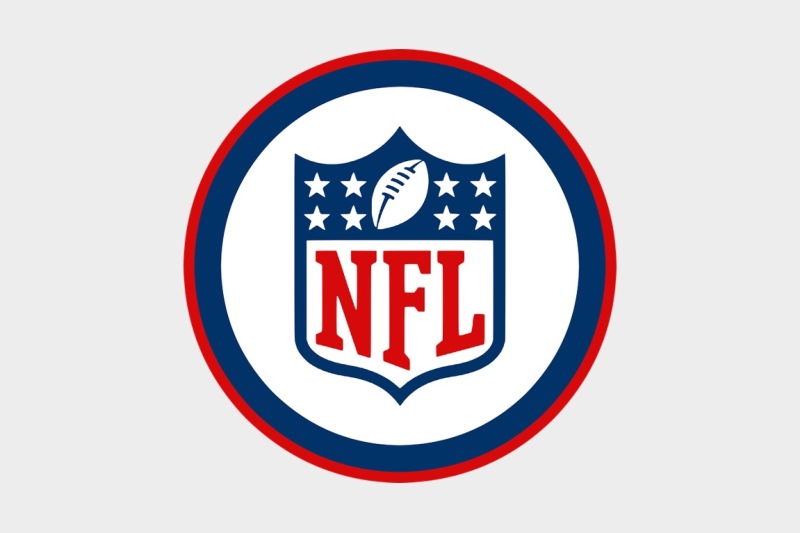
The NFL could boost its annual revenue by $2.3bn (£1.78bn/€1.98bn) per year through widely available, legal, regulated US sports betting, according to a new report commissioned by the American Gaming Association (AGA).
The study released today (Wednesday) was conducted by Nielsen Sports and analyses the revenue streams that legal sports betting could generate for the American football league – revenue as a result of spending from betting operators on advertising, data and sponsorship; and revenue generated as a result of increased consumption of the league’s media and purchasing of products.
The new season begins this week, with Philadelphia Eagles looking to defend their Super Bowl title. Betting on NFL games will be legally available in New Jersey, Mississippi and West Virginia for the first time following the repeal of PASPA and introduction of legislation in those states.
According to Nielsen Sports, greater fan engagement and viewership could boost the NFL’s total annual revenue from media rights, sponsorships, merchandise and ticket sales by 13.4%, producing $1.75bn in new revenue from increased consumption of the league’s products.
Legal sports betting could help the NFL generate an additional $573m in revenue as a result of spending by betting operators and data providers. The study projects that gaming operators may spend $451m on advertising, which will directly increase the league’s rights fees by the same amount.
An additional $92m in sponsorship revenue and $30m in data is also projected for the league and its teams. In a memo sent to teams obtained by ESPN in July, the NFL is reportedly seeking to ensure that any casino brand that advertises with a team buys official league data.
“Legal, regulated sports betting will create huge new revenue opportunities for sports leagues – and the NFL could be the biggest winner of all,” Sara Slane, senior vice-president of public affairs for the AGA, said in a statement.
“Once legal sports betting expands across the country, the NFL could take in more than $2bn a year, reinforcing how much sports leagues stand to gain from increased viewership and private partnerships with sports betting operators.”
To quantify the value of a legal sports betting market to the NFL, Nielsen Sports surveyed 1,032 adult sports fans – including NFL fans – and self-identified sports bettors nationwide to model how a national, legal sports betting market would affect the sports consumption habits of non-bettors, casual bettors and avid bettors, and how this change in consumption would translate to increased revenue.
ESPN.com noted that the report does not weigh up integrity fees, which the AGA has been fiercely opposed to and would see the NFL and potentially the players’ union, NFLPA, receive a share of the handle of what is bet on games.
“So much time has been spent on talk over integrity fees,” Slane told ESPN. “We think these numbers are conservative and show that the league is frankly tripping over dollars to pick up pennies.”
The NFL has traditionally been opposed to sports betting. In the run in to the federal ban on sports betting across the US being overturned by the country’s Supreme Court, all four US major leagues, the National Collegiate Athletic Association (NCAA) and the federal government had urged the court to maintain the federal law.
The NFL, National Basketball Association (NBA), Major League Baseball (MLB) and National Hockey League (NHL) had claimed in court that New Jersey’s gambling expansion would harm the integrity of their leagues.
In the wake of May’s ruling, the NFL called on a federal law to be put in place involving a “core regulatory framework” for legalised sports betting. Commissioner Roger Goodell later said the league was calling on Congress to enact uniform standards for states that choose to legalise sports betting that include, at a minimum, four core principles.
Firstly, that there must be substantial consumer protections; secondly that sports leagues can protect their content and intellectual property from those who attempt to steal or misuse it; thirdly that fans will have access to official, reliable league data; and finally that law enforcement will have the resources, monitoring and enforcement tools necessary to protect fans and penalise “bad actors” at home and abroad.
On July 31, MGM took a strategic lead in US sports betting after becoming an official partner of the NBA. Through the first major partnership between a US sports league and a betting company, the three-year deal is believed to be worth $25m.

